Students react to leaked Supreme Court draft to overturn Roe v. Wade
After a leaked initial draft of a Supreme Court decision that could overturn Roe v. Wade, students have expressed concerns.
May 6, 2022
In response to the leaked initial majority draft obtained from the Supreme Court that outlines a decision to overturn Roe v. Wade, many students are concerned with the anticipated decision.
“We hold that Roe and Casey must be overruled,” Justice Samuel Alito wrote, referring to two landmark cases which guaranteed and maintained guaranteed federal protections of abortion rights.
The draft opinion was written for the case Dobbs v. Jackson Women’s Health Organization, which was argued in front of the Court in early December for the 2021-22 term. An official decision is expected to be released in June.
Some students are concerned about what this possible ruling means for women and the country as a whole.
“Our nation is moving backwards,” junior Tally Feingold said. “It’s unethical to force women to give birth to children when their lives may be at stake or they may not have the capacity to care for the fetus properly when it’s born.”
Our nation is moving backwards. — Junior Tally Feingold
Junior Mariella Haubner said she is worried restricted access to abortion will instead fuel those with unwanted pregnancies to turn to unsafe options to terminate.
“You can’t get rid of abortions, you can only get rid of safe abortions,” Haubner said.
Dobbs v. Jackson Women’s Health Organization will be the first decision explicitly regarding pre-viability bans since Roe.
In 2018, a Mississippi bill banned abortions after 15 weeks. An emergency temporary restraining order was placed on the original bill after Jackson Women’s Health Organization, the only abortion clinic in Mississippi, filed for a block. The Supreme Court agreed to hear Mississippi’s appeal.
“It is very hard for a case to get to the Supreme Court—only 1 percent of cases that apply do,” Mrs. Cheryl Kyrias, AP US Government and Politics teacher, said. “The Court probably agreed to hear the case because states have begun to challenge some of the precedents set by Roe v. Wade, and the Dobbs case brings all of that to fruition.”
If the Court rules to overturn Roe v. Wade, abortion laws and regulations will be left up to individual states. According to the Guttmacher Institute, 21 states are certain to ban abortion and 5 states are likely to ban abortion.
13 states have “trigger laws,” or bills that are currently blocked but will be set in motion with an overturning of Roe v. Wade. Among these trigger laws include those known as “heartbeat bills,” where states like Texas, Ohio, and Georgia will seek to revive six week abortion bans. States including Kentucky, Missouri, and North Dakota have laws that would make it a felony to perform an abortion, sometimes with the exception to save the life of the mother, or in cases of rape or incest.
Sophomore Milana Yanev said there are many reasons why someone may want and should have access to an abortion that aren’t necessarily a result of rape or incest.
“Having a child is an incredibly life changing responsibility that doesn’t always come at the right time,” Yanev said. “Stemming from not being ready, to not being able to take care of it, to medical issue, to having been forced to conceive the child, there are a number of reasons why women, in the United States of America, where people claim that everyone has equal rights, should be able to choose to have an abortion.”
While leaked Supreme Court decisions are not unheard of, an entire written opinion draft leaked prior to its planned release is a first. Disregarding the decision laid out in the draft, experts said it could have severe political repercussions.
“I think there will be a lot more distrust on the court,” Peter Irons, author of A People’s History of the Supreme Court, said.
Speculations about why the draft was leaked have begun to circulate.
“Maybe someone wanted this out so that the public could potentially change the Court’s mind before they issue the majority opinion later,” Kyrias said.
Almost immediately after Politico published the leaked draft, protests sparked across the country, including demonstrations of both outrage and support right outside of the Supreme Court building.
Pro-choice activists marched with signs that read “Bans off our bodies” and “Bodily autonomy is a human right.”
Just nearby, separated by barricades and Capitol police, a smaller group of anti-abortion demonstrators rallied in support of the Court’s decision. Women shouldn’t have to fight the government over something that should be a fundamental right. — Junior Mariella Haubner
“Women shouldn’t have to fight the government over something that should be a fundamental right,” Haubner said.
Senior Genevieve Farrell said if someone is against abortion, they don’t have to get one, but shouldn’t have influence over someone else’s choice.
“I can see how someone would be opposed to getting an abortion themselves, so obviously they don’t need to get one,” Farrell said. “It just doesn’t make it right to take that option away from others.”
The initial draft is not necessarily the Court’s final decision and it is possible that they could change their mind before its release in June. However, while the Court overturning their own precedent is uncommon, Kyrias said, it is likely in this case.
“The Court doesn’t overturn its own precedents very often,” Kyrias said. “Given that the Court has a 6-3 conservative majority right now, I think it’s likely that the draft opinion will become the majority opinion.”

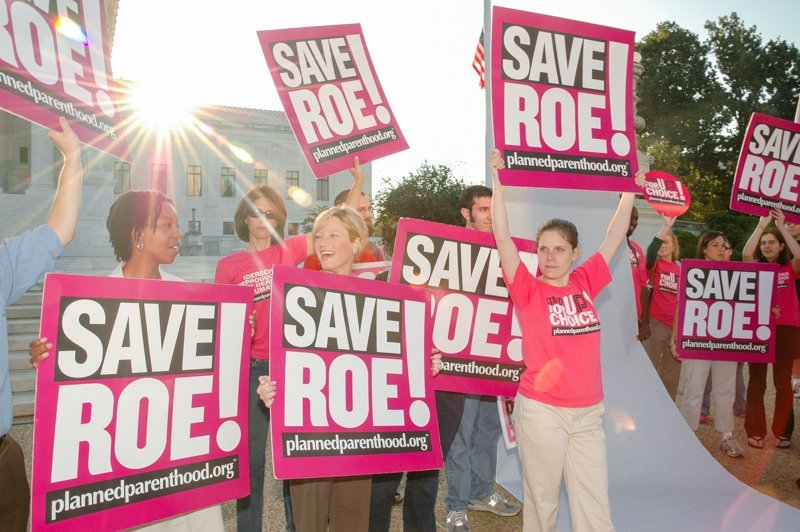








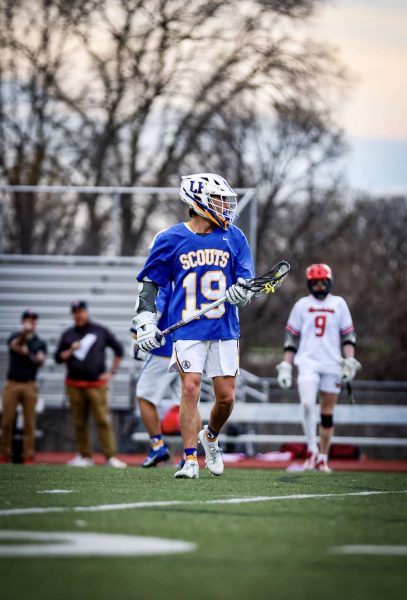
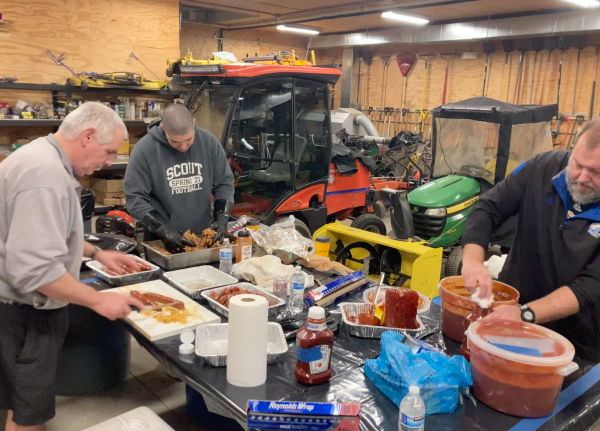
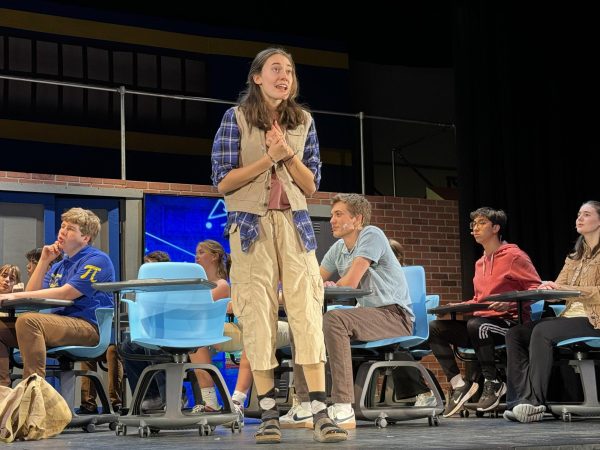
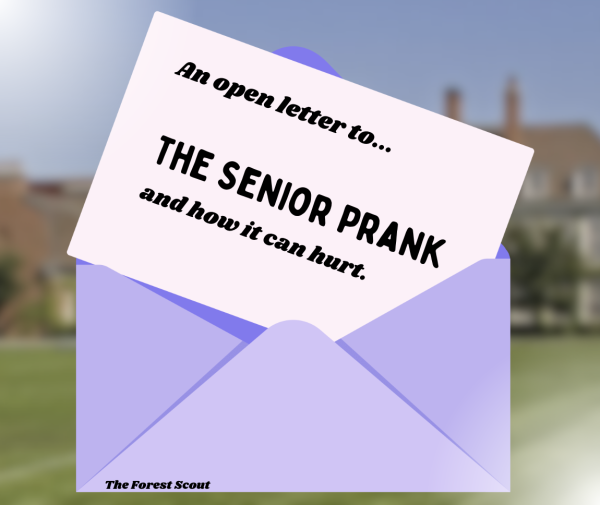


mariella • May 6, 2022 at 4:15 pm
So well written anna!! great job 😉